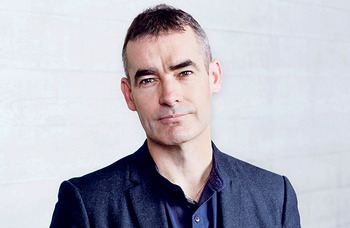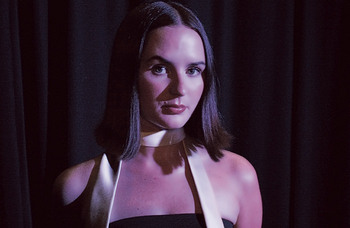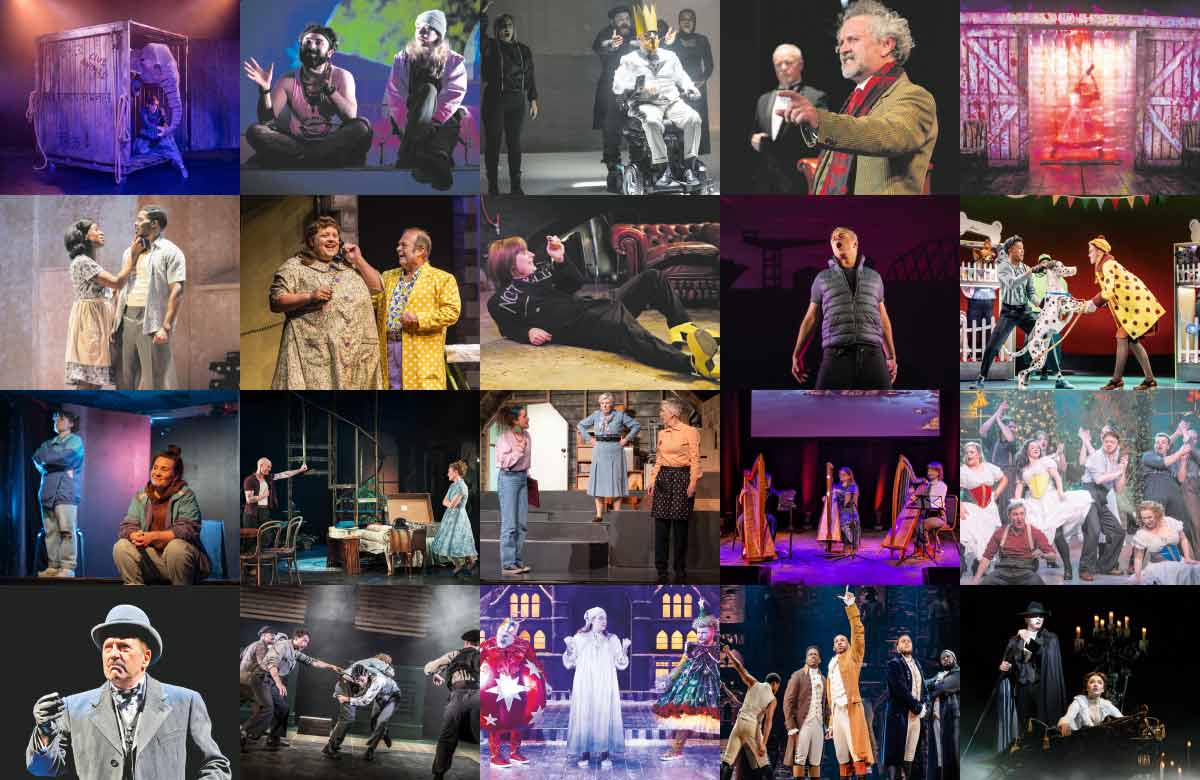Careers Clinic: short courses and how they can help you
The Stage’s resident careers adviser John Byrne tackles readers’ questions about what to look for when applying to short courses by speaking to course leaders and graduates

I already know the basics – is there a course that will still benefit me?
I’m a self-taught actor who has learned the ropes from fringe shows, scratch nights and monologue slams. I’m seeking a short course to upgrade my skills, but need one that won’t just repeat the basics I already know.
While I understand your desire not to go back over ground you have already covered, it is never a bad idea to reconnect with the basics from time to time, and a good short course may flag up additional fundamentals that can get overlooked when we are our own teachers.
To help identify a course that can best build on the foundation you have laid, I asked Steven Green, artistic director of Fourth Monkey, for some pointers: “It’s great to see you taking initiative and paving your own way. You can definitely find a course that offers valuable insights and complements your existing experience.
“Look for institutions with a history of providing high-quality training and check the credentials and experience of the instructors. It’s worth looking at what other people are saying about the courses, too. Our own upcoming Actors CoLab season will feature agent and casting-director workshops alongside a regular ‘actors lab’ involving practical scene work and live performance. It’s like a playground for actors, giving the chance to flex your acting muscles as well as networking with professional actors.”
The networking potential of short courses is one that Bristol Old Vic Theatre School’s head of non-degree studies Faye Elvin also flags up: “From my own experience as an actor, and recently hearing it directly from alumni, the top advice once you graduate is to continue your practice. Acting is a skill best improved in the company of others. In this industry, that network can provide insight and opportunity where it may not have been identified before.” Irene Posetto, whose one-woman show Isabelle recently played to full houses in London, agrees that short courses can build productively upon previous experience.
“The intensive programme I took at Drama Studio allowed me to develop my work routine, an ability to thrive under pressure and adaptability to work with different people.
“Isabelle was first performed at the Edinburgh Festival Fringe in 2019, in the form of storytelling. For the new staging in London, I chose to work with director Marguerite Vermersch, whose background is very different from mine, coming from physical theatre and dance. The tools I developed while attending the Drama Studio course helped me absorb and engage with her approach despite the limited time frame.
“I would definitely recommend short courses – especially for experienced performers. It is so important to refresh, keep training and keep improving your skills.”

What type of course will give me transferable skills for future jobs?
I know I want a backstage career but I am not sure of the specific area yet. I can’t afford multiple short courses, so how do I find one to give me the most career options and transferable skills if I change my path later?
In this precarious economy, having as broad a skill set as possible when you look for employment is likely to be even more key for anyone considering training. As with acting courses, seeking backstage and tech providers with proven track records is always a good starting point.
Orbital Sound Group’s Training-Plus programme fits that description, having run short courses for more than 15 years. Its head of education Mike Thacker says: “Think carefully when choosing your career area – not all theatres have jobs available, but there is a real shortage of good live sound technicians across the UK and Europe. Our courses are strictly focused on hands-on, real-life skills training and are designed to propel attendees straight into their first job.
“We have a saying here that ‘while some teach you how to use a radio microphone, we teach you the essential skills and tips to manage a fleet of 30, backstage, in the dark and on your first job.”
He stresses that hands-on experience is a vital feature to look for, both in the learning plan and the teachers delivering it. “Our courses are taught by passionate engineers who earn their living deploying these skills nightly. We usually include a trip to the West End for a behind-the-scenes look at a show in action and the chance to talk to the show’s sound team.”
Vernon Thompson, director of the City Lit Theatre Company, is another advocate of the importance of practical experience on short courses. “Our Introduction to
Technical Theatre Production is designed for students who have an interest in learning stage management and technical theatre skills. It provides an opportunity to gain experience in our studio theatre across three consecutive and intensive Sundays. Afterwards, there is the opportunity to apply the skills learned by volunteering on end of term performances or to choose an area of specialism in which to support the level-three diploma students’ graduating production the next term.”
Sophy Leys Johnston, an alumnus of the City Lit courses, feels the course gave her skills ranging from team leading and negotiation to organisation and problem-solving.
“Doing the technical theatre course encouraged me to pursue a career I would never otherwise have considered – let alone one I thought I was capable of. I left with boosted confidence and skills that I still use on jobs now as a full-time freelance stage manager. I consider myself very lucky that I signed up to the course a few years ago.”
Opinion
Recommended for you
Advice
Recommended for you
Most Read
Across The Stage this weekYour subscription helps ensure our journalism can continue
Invest in The Stage today with a subscription starting at just £5.99

 John Byrne
John Byrne









